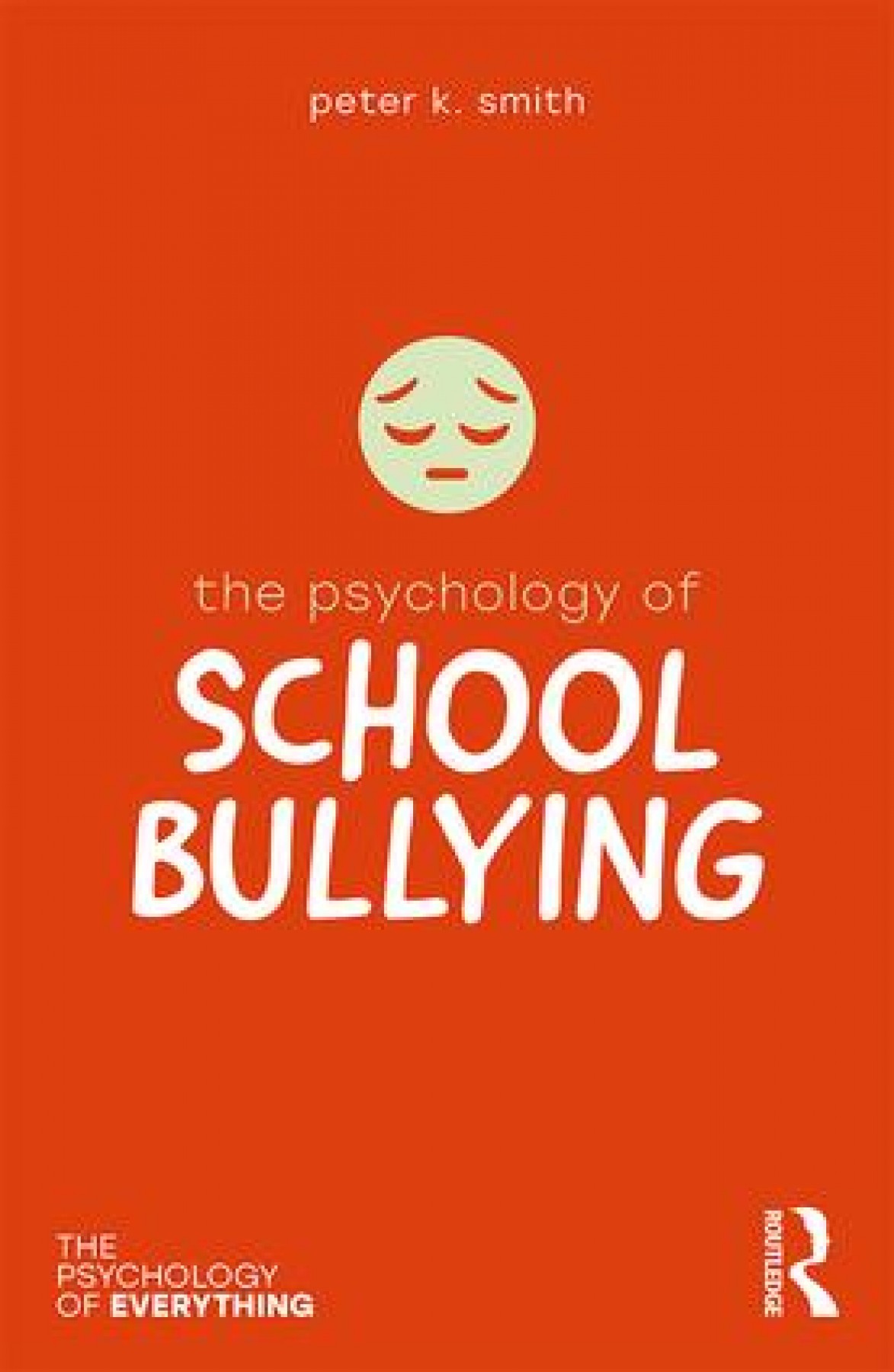Does Smith have answers for school-age bullying – this abuse of human rights?
The Psychology of School Bullying is part of a short book series which is helping make information accessible through a psychological lens, with the help of an expert. The author, Peter Smith, is an Emeritus Professor of Psychology at the University of London.
Smith argues for more research into bullying, so awareness can bring change. The most effective programmes and evidence-based, international interventions are outlined briefly. None are 100% effective, Smith concedes. Only since the 1980s has ‘bullying’ been recognised and validated as a subject worthy of research – starting with the work of Dan Olweus. Research is making a difference, through improved understanding and knowledge.
The book is marketed as ‘accessible’ inferring an easy-to-read ‘pop-up’. Brief case studies and simple figure illustrations in Chapter One promise ‘readability’, but the academic undertone following these proves otherwise. The Psychology of School Bullying may be of most interest to researchers, school professionals and parents with degrees.
Smith discusses the varying definitions of bullying, favouring ‘a systemic abuse of power’. The link to violence seems unresolved. For me, bullying is an intentional use of violence. That is, making a choice to force our will onto someone else in a way that uses physical, psychological or spiritual power.
Smith’s perspective holds international significance as to diversity and difference. The book seems useful if it prompts us to question our values and our relationship to Te Tiriti o Waitangi. How safe are our schools and our institutions?
This publication could provide a timely read in the light of recent revelations of bullying and harassment in our NZ Parliament, which took place in our supposed exemplar of institutional role modelling of values.
Reviewed by Cynthia Todd, Counsellor MNZAC; Dip.Counselling; BA (Hons); PG Cert Hlth Sci (A&D)

